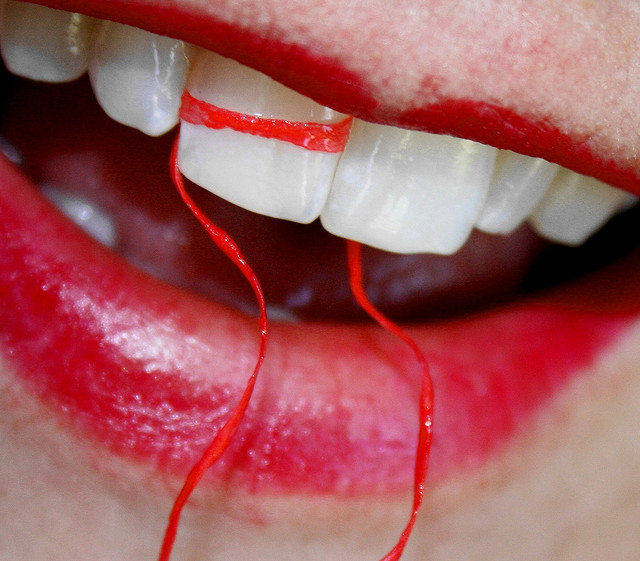
Sore, swollen, or bleeding gums indicate an oral health issue, and in some cases gum disease. There are various causes of gum discomfort and several ways to avoid and treat them.
Gum Disease:
Periodontal describes diseases that affect the gums, bone and surrounding structures of the teeth. Periodontal Diseases are among the most common diseases affecting humans. The most common types of periodontal diseases in adults are gingivitis and periodontitis. Gingivitis results in bleeding and reddening of the gums. While periodontitis damages the bone and connective tissue that support teeth.
Preventing and Avoiding Gum Discomfort:
Brushing your gums with a soft-bristle toothbrush will help to avoid damaging the and delicate tissue that makes up your gums. When brushing, be sure to make gentle, circular motions to clean your teeth and also clean the area above and below. Gently flossing by carefully sliding the floss between teeth will also help to maintain healthy gums and avoid swelling and damage. In addition, frequent dentist visits, a balanced diet, and drinking plenty of water will decrease your risk for periodontal diseases.
Signs to look for include:
When left untreated, gum diseases can result in tooth loss. Also, research suggests that the bacteria that cause periodontal diseases can enter your bloodstream and causes other issues throughout the body. It is imperative that if you show symptoms of gum disease you speak with your doctor immediately to treat the issue.
Treatment:
Antibiotics, surgery, scaling to remove tartar and bacteria, and root planing (a treatment to smooth out root surfaces and discourage the further accumulation of tartar and bacteria) may be used to treat periodontal diseases. Early detection is critical to the treatment of periodontal diseases. In addition, detecting the disease in the beginning stages reduces medical costs by avoiding further destruction.
Ask your dentist for more information if you have any questions about periodontal disease, its progression, and treatments. If you begin showing symptoms of periodontal disease schedule an appointment with your dentist right away.